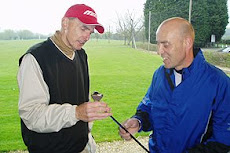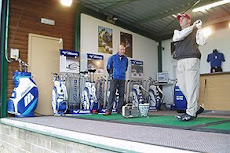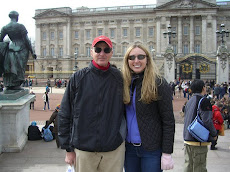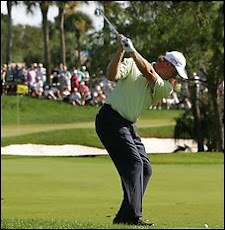i copied this from washington running report's discussion group sent in by chuck moeser:
A study from Liverpool, England shows that the maximum heart rate for athletes is lower than for aged-matched sedentary people. At first glance, this makes no sense because you would think that the faster you heart can beat, the more blood your heart could pump and the better an athlete you would be. However, a stronger heart pumps more blood with each beat, so stronger hearts don't have to beat as often. This means that as you become more fit, your maximum heart rate will get lower, not higher.Virtually everyone agrees that heart rate depends on the amount of blood pumped toward it by exercising muscles. When you contract your leg muscles during exercise, muscles squeeze veins near them to pump blood toward the heart. Then when leg muscles relax, the veins fill up with blood. The pumping action of leg muscles during exercise forces extra blood to the heart, which causes the heat to beat faster and contract stronger. This is known as the Bainbridge reflex. We know this is true because we are able to transplant hearts. If nerves inside the heart regulated heart rate, the heart would not be able to control its rate of beating since the nerves are cut during the transplant.Since the strength of leg muscles determines the fastest that your heart can beat and still pump blood, you might expect that athletes with stronger muscles would have faster heart rates.However, they don't.
The researchers at John Moores University in Liverpool showed that athletes have lower maximum heart rates than sedentary people (International Journal of Sports Medicine,January 2008). The maximum heart rate of male athletes was calculated to be 202 - 0.55 × age, and for female athletes,216 - 1.09 × age. Both weight lifters and runners had similar maximum heart rates, which were significantly lower than the age-matched sedentary people. The athletes have hearts that can pump more blood with each beat than the hearts of sedentary people, so they do not beat as often.
------------------------------------------------------------------------------------------------
larry's note- i have been tested on a treadmill many times for maximal heart rate. it is one tough treadmill run with tubes down your throat and they run you into the ground while they cheer you on to keep going until you bang hard on the bar to stop. the first time i was 178. the last time i was 171. easy enough run until the pace drops down and the incline goes up. then it is like running uphill in mud with something stuck in your throat.
when i was 178 i did hit 178 just before the bridge at 8 miles in the heat of a phila half marathon. at the time i was running 8 minute pace because of the heat and not the 6:30 or so pace i usually did that race at. i used to try and run at 160 or so and then pick up the pace coming off of that same bridge when i heard the bag piper playing and knew i was only 5 miles from the end and then picked up again later at the 20k point.
using their formula of mhr = 202- .55 x age, i would be at 169. this seems just about right for where i am now, but i won't be tested again until feb. 2009-hard to even type that date. and i will be on social security then, yea!
Thursday, February 14, 2008
Subscribe to:
Post Comments (Atom)
.jpg)
















No comments:
Post a Comment